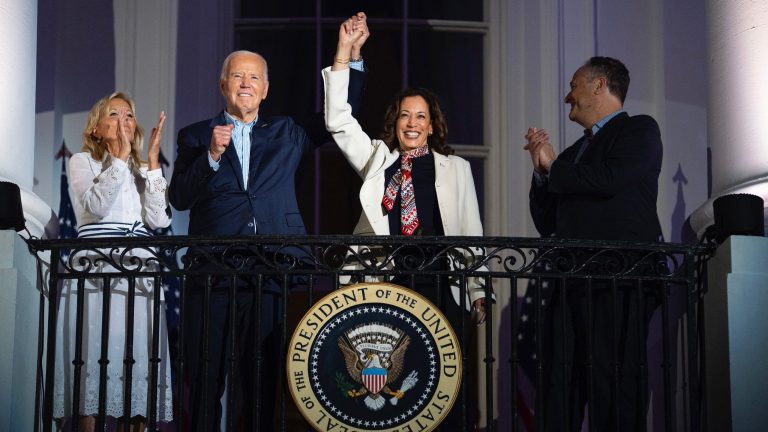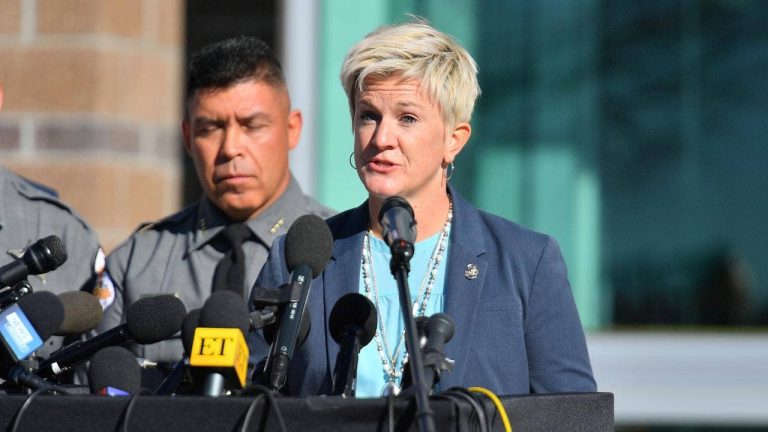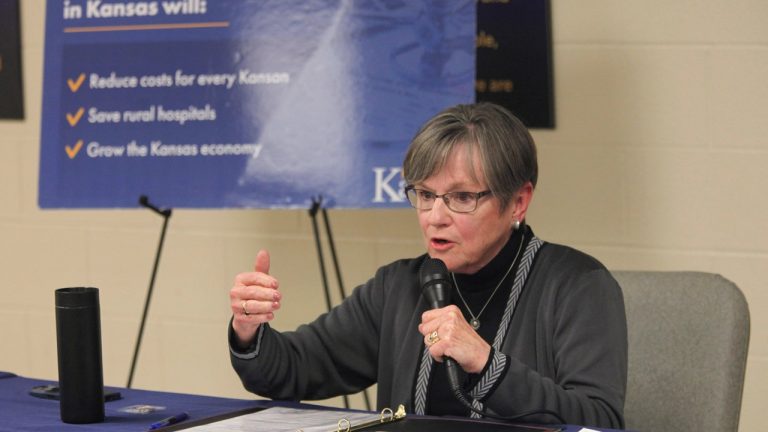Garland criticized for refusing to testify about conversations with Trump.
Attorney General Merrick Garland made a stand on Thursday against what he labeled as “unprecedented, frankly unfounded attacks on the Justice Department,” defending President Biden’s choice to assert executive privilege to prevent subpoenas for the audio of his interview with special counsel Robert Hur concerning classified documents found in his possession.
Garland, on his way to an FBI memorial event honoring fallen agents, stopped to briefly answer questions from the press. This occurred just before the House Oversight and Accountability Committee and the Judiciary Committee were slated to convene hearings to recommend referring the attorney general to the Justice Department for contempt charges over the department’s refusal to provide the audio.
When questioned by a reporter about the potential conflict of interest because of his advice to invoke executive privilege, Garland emphasized the critical role of the Justice Department in upholding democracy. “We have gone to extraordinary lengths to ensure that the committees get responses to their legitimate requests, but this is not one,” he stated.
Garland emphasized that the request for the audio recordings would hinder the department’s ability to conduct sensitive investigations and emphasized that the growing attacks on the Justice Department jeopardize their ability to fulfill their duties without political influence.
When addressing the broader efforts to discredit him and the Justice Department, Garland reiterated their commitment to abiding by the federal principles of prosecution, following the facts and the law, and blocking outside influences that could compromise their investigations.
As Garland was about to leave for the memorial event, he was asked about the pace of the justice system and confidence in the Justice Department, to which he responded that the matter is now in the judiciary’s hands and he couldn’t comment further.
Garland advised Biden to invoke executive privilege over the audio recordings, citing potential negative effects on law enforcement investigations if the recordings were released. Assistant Attorney General Carlos Felipe Uriarte urged lawmakers not to pursue contempt charges to avoid unnecessary conflict.
White House Counsel Ed Siskel wrote a letter to Congress criticizing their attempt to obtain the recordings, emphasizing that it lacked a valid purpose and likely aimed to distort the recordings for partisan gain. The White House’s hesitance suggests concerns about how the recordings might portray Biden in an election year.
The transcript of Hur’s interview showed Biden occasionally struggling to recall dates and details, although he exhibited deep recall in other areas. Biden’s age has been a sensitive issue, given that he is the oldest president at 81 years old and is seeking reelection for another four-year term.
Robert Hur, the former special counsel appointed in 2023 after the discovery of classified documents related to Biden, highlighted that while some documents were retained mistakenly, there was evidence of willful retention and disclosure, particularly in records found within Biden’s Delaware home.
These records related to Biden’s opposition to a troop surge in Afghanistan during the Obama administration and included a classified letter to Obama during the 2009 Thanksgiving holiday. Biden had shared some of this information with a ghostwriter for his memoirs published in 2007 and 2017.
In conclusion, the ongoing dispute over the audio recordings of Biden’s interview with special counsel Hur reveals a clash between executive privilege, congressional oversight, and the Justice Department’s mandate to conduct impartial investigations. The intricate web of legal and political implications underscores the complex relationship between the branches of government and the challenges faced in safeguarding the integrity of law enforcement investigations.








